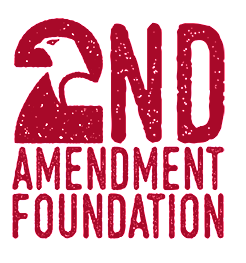SAF Files for Emergency TRO in Challenge to Conn. Gun Law

BELLEVUE, WA – The Second Amendment Foundation and its partners in a lawsuit challenging a Connecticut gun control law have filed an emergency motion for a temporary restraining order because a new rule published by the federal Bureau of Alcohol, Tobacco, Firearms and Explosives on firearms designation places thousands of Constitution State citizens in serious legal jeopardy.
SAF is joined by the Connecticut Citizens Defense League and three private citizens, Jennifer Hamilton, Michael Stiefel and Eddie Grant, Jr. They are represented by Connecticut attorneys Doug Dubitsky of North Windham, Craig C. Fishbein of Wallingford and Cameron L. Atkinson of Harwinton.
“When ATF published its new rule, redesignating a class of firearms known as ‘any other firearm’ or simply ‘others’ as either ‘rifles’ or ‘short barreled rifles’ depending on the barrel length, all of those guns suddenly fell within the state’s definition of an assault weapon,” noted SAF founder and Executive Vice President Alan M. Gottlieb. “This immediately put thousands of owners of previously-classified ‘other’ firearms in harm’s way legally because now their possession is a felony.” Read more






